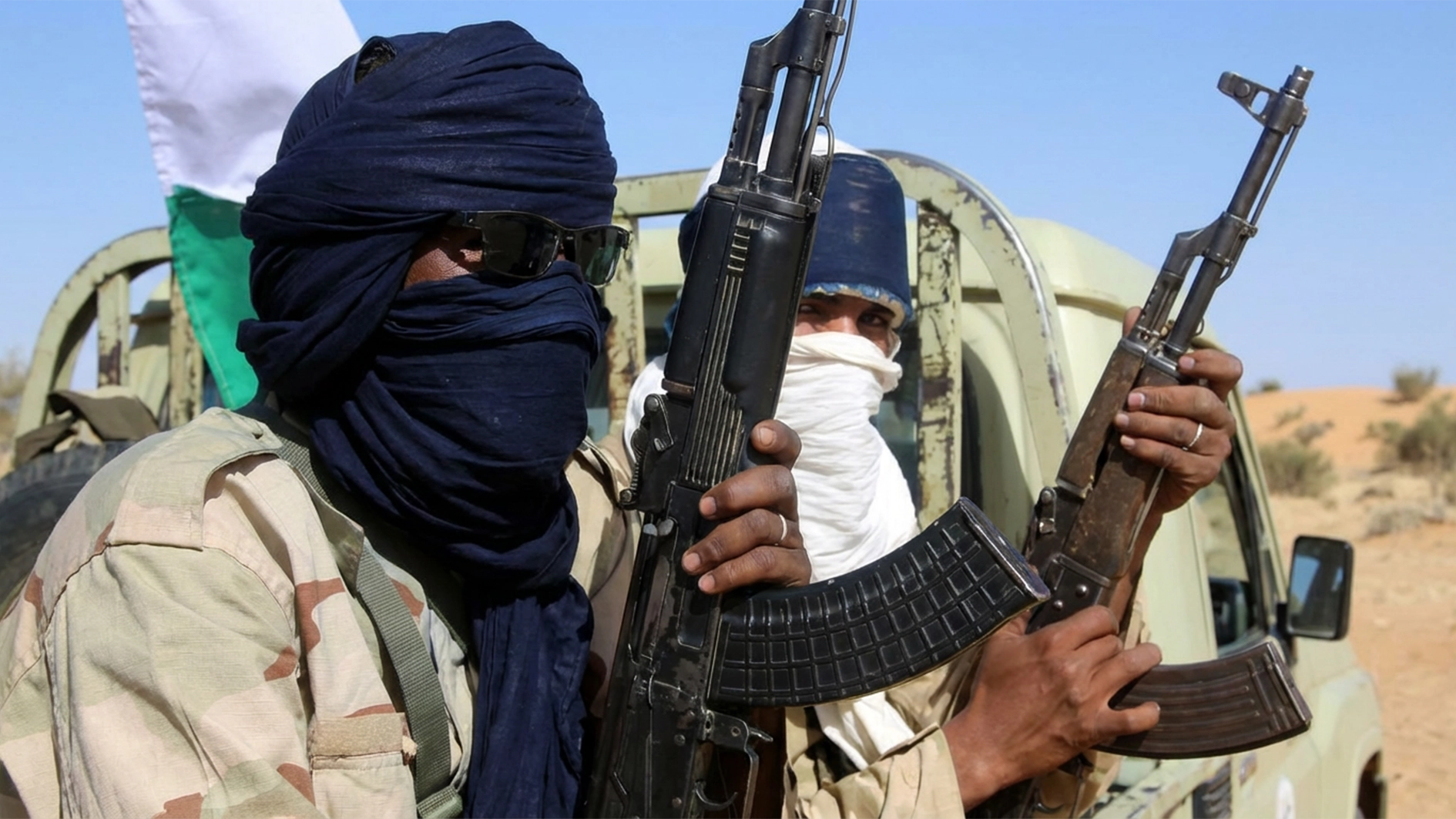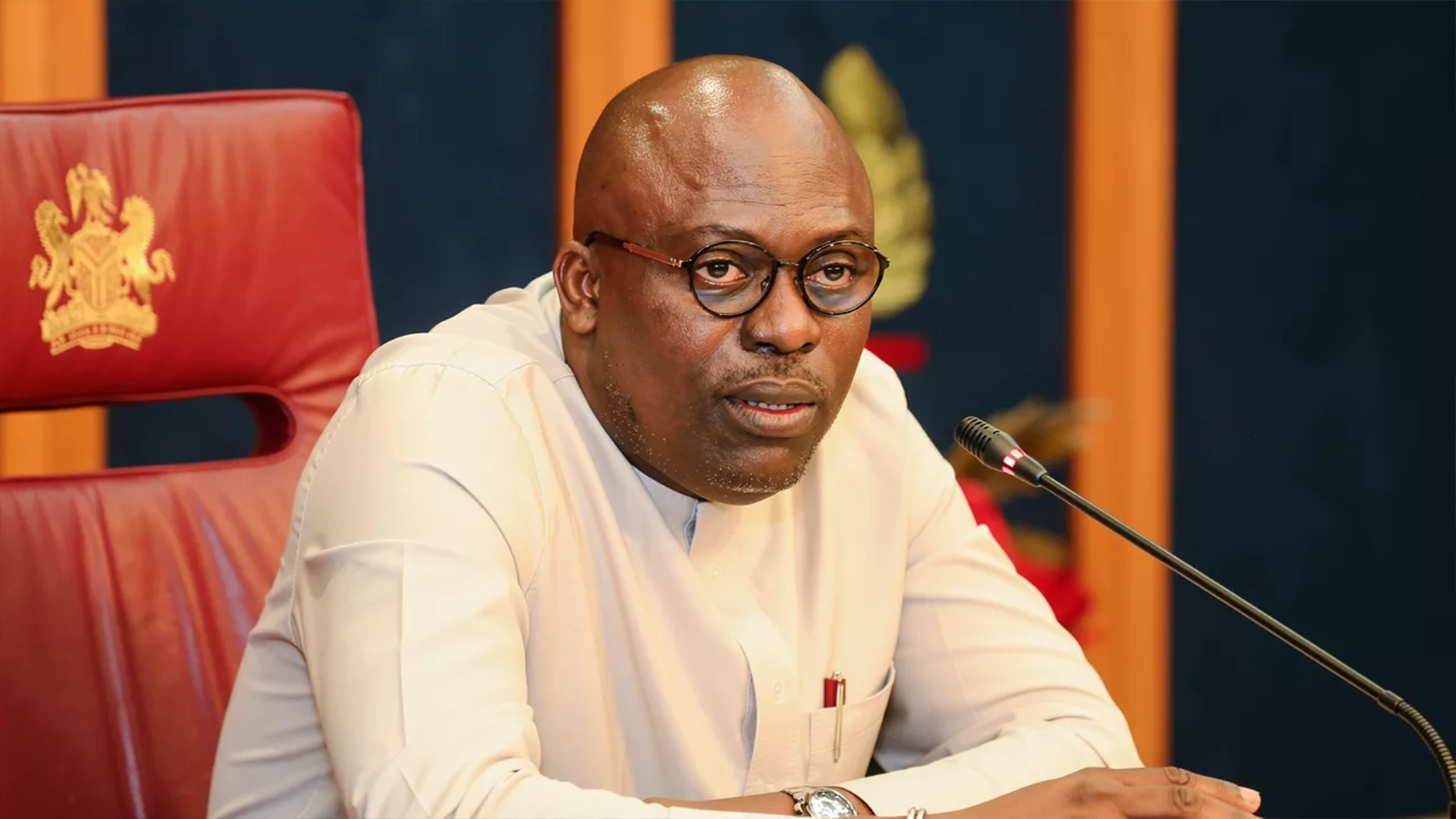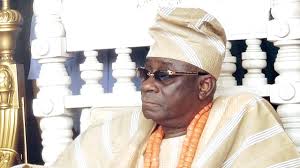President Bola Tinubu has signed into law two separate bills that establish a Federal College of Education (Special) and a Federal Orthopaedic Hospital in Gombe State, a move applauded by the Senate as a boost to inclusive healthcare and education development in Nigeria.
Senate President Godswill Akpabio made the announcement during Wednesday’s plenary session, commending the president’s decision as one that will bring long-term benefits to education and healthcare delivery, particularly in the North-East region.
The new legislation includes an amendment to the College of Education Act (2025), officially approving the establishment of a Federal College of Education (Special) in Dukku Local Government Area of Gombe State. The college will focus on special needs education, a rarely prioritised area in Nigeria’s educational landscape.
Akpabio congratulated lawmakers from the state and highlighted the broader national impact of the institution.
“We thank Mr President for this gesture,” he said. “We look forward to education being used as a tool to fight insecurity in the country.”
He further noted that the school would help train professionals with the skills required to address educational needs of children living with disabilities, a demographic often underserved in public institutions.
Furthermore, President Tinubu also signed into law the Public Hospitals Management Board Amendment Bill (2025), establishing a federal orthopaedic hospital in Billiri, another local government area in Gombe State.
Akpabio described the dual legislative wins as significant, particularly as they reflect growing attention to marginalised health and education sectors in underserved regions.
“So we now have a federal orthopaedic hospital in Gombe State,” the Senate President declared. “Once again, congratulations to the good people of Gombe State.”
Observers say the development may bolster federal government presence in Gombe, a key political battleground ahead of the 2027 general elections.
Over the weekend, Gombe State Governor Inuwa Yahaya declared his state’s full political loyalty to Tinubu, saying residents were ready to follow the president “to the battlefield in blindfolds” in the next election.
“For what he has done, is doing, and will do, Gombe people will follow him to the battlefield blindfolded,” Yahaya said. “We will work for his success in 2027. By God’s grace, his re-election is assured.”
While critics argue that such pronouncements blur the line between governance and campaigning, the dual bills signed this week are expected to have immediate impacts on local communities—especially in the area of accessible learning and medical services.
There is currently no federal orthopaedic hospital in the entire North-East, leaving many residents to travel to Jos or Abuja for advanced bone and spinal treatment. The Billiri facility is expected to reduce that burden significantly once operational.
Similarly, the College of Education (Special) will be the first of its kind in the region, offering training tailored to educating students with physical or learning disabilities.
Education and health experts have long called for decentralisation of such facilities, arguing that concentrated development in Nigeria’s major cities only deepens inequality.
“Institutions like these help balance access and equity,” said a source at the Federal Ministry of Education who spoke anonymously. “We hope more states will benefit in the near future.”
No timeline was given for when construction or recruitment for the new institutions will begin, but the Ministry of Education and Ministry of Health are expected to roll out implementation plans in the coming months.






